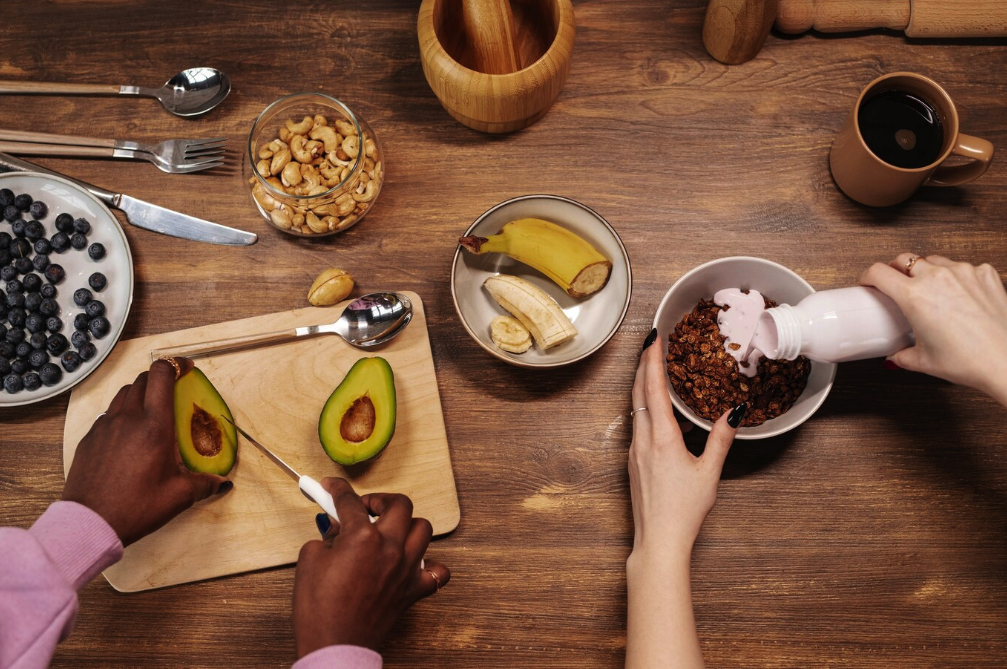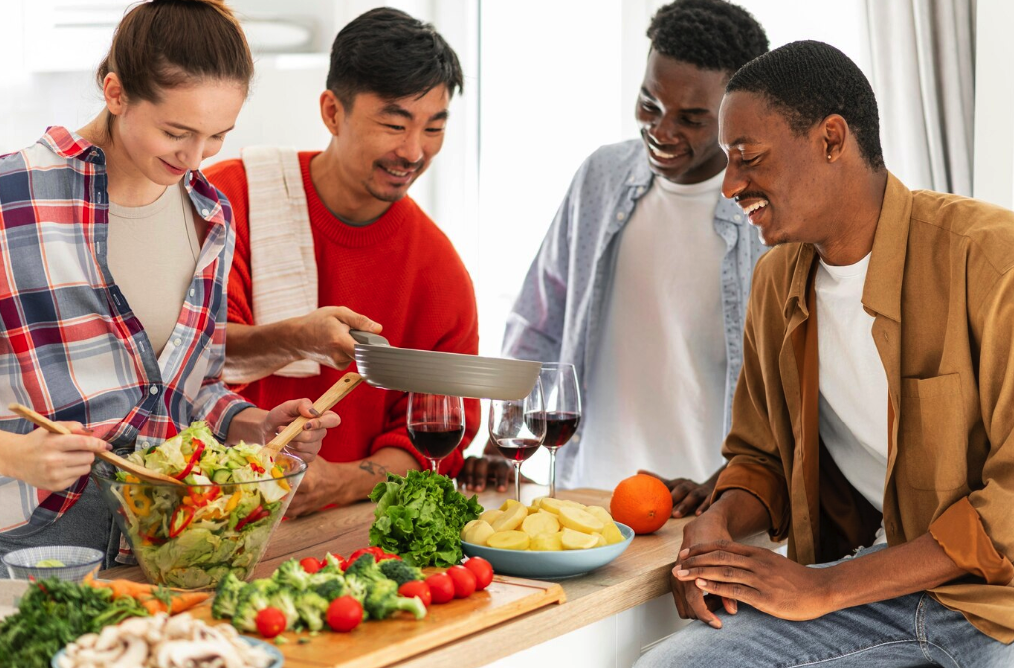When experiencing a colitis flare-up, knowing the best foods to eat can provide comfort and relief. During a colitis flare-up, food becomes more than fuel. It becomes part of your care. Every bite can either calm your gut or trigger more pain.
However, not all foods are helpful when inflammation is active. Some make symptoms worse, while others provide gentle comfort. Therefore, choosing the right foods can ease your discomfort and help your body heal. This guide shares the best options to eat during a colitis flare-up.
Focus on Soft, Low-Fiber Foods

Therefore, when your colon is inflamed, soft and low-fiber foods are easier to digest. These choices reduce strain on the gut and lower the chance of irritation. Moreover, a low-residue diet helps limit bowel movements. This is useful during flare-ups when the digestive system is more sensitive. For example, plain white rice, white bread, and peeled potatoes are common safe choices. They provide energy without adding bulk or sharp textures to the gut.
In addition, foods without seeds, nuts, or raw skins are gentler on the digestive tract. Cooked vegetables are better than raw ones during this time.
Choose Lean Protein to Support Healing
Thus, your body still needs protein, even during a flare. Protein supports repair and energy but should come from easy-to-digest sources.
For example, soft, baked or steamed proteins are ideal. Avoid fried or spicy options that can trigger inflammation.
Good lean protein options include:
- Skinless chicken or turkey
- Scrambled or poached eggs
- Tofu or soft soy products
- Tender fish like cod or tilapia
- Protein-rich smoothies (without dairy, seeds, or fiber)
Consequently, eating enough protein supports strength and reduces fatigue.
Stay Hydrated with Safe Liquids

Hence, water is critical during a flare-up. Diarrhea and inflammation cause fluid loss. Dehydration can make symptoms worse. Moreover, not all drinks are helpful. Some irritate the gut and should be avoided.
Best drinks for colitis flare-ups:
- Plain water
- Oral rehydration solutions
- Weak herbal teas (like chamomile or peppermint)
- Homemade broths (low fat, low sodium)
- Coconut water (in small amounts)
After all, clear and mild fluids help replace lost electrolytes and soothe the digestive system.
Eat Small Meals More Often
In fact, large meals put pressure on the gut. This can cause cramping, urgency, and bloating during a flare-up. Therefore, eating small meals throughout the day helps reduce stress on your colon. Smaller portions are easier to digest and allow your body to absorb nutrients slowly.
For example, instead of three large meals, try eating five to six small ones. Include soft carbs, lean protein, and mild liquids in each serving. In addition, resting after meals can help your body digest more calmly.
Avoid Trigger Foods That Worsen Inflammation
Thus, some foods increase pain, gas, or urgency during a flare-up. These vary by person, but some triggers are common.
For example, high-fat, spicy, dairy-based, or high-fiber foods often cause flare-ups to worsen.
Common foods to avoid during a flare:
- Fried foods and oils
- Whole grains with husks
- Dairy (milk, cheese, ice cream)
- Raw fruits and vegetables
- Caffeine and alcohol
- Artificial sweeteners (like sorbitol)
Consequently, removing these from your diet, even temporarily, can improve comfort.
Sample Meal Plan for a Flare-Up Day

After all, knowing what to eat can reduce anxiety and support healing. Below is a simple example meal structure for a day during a flare.
Sample Meal Plan:
- Breakfast: Scrambled eggs with plain white toast, weak herbal tea
- Snack: Banana (ripe, in small pieces) or applesauce
- Lunch: Skinless chicken and white rice, soft cooked carrots, water
- Snack: Rice cakes with smooth almond butter (if tolerated)
- Dinner: Baked cod, mashed potatoes (no skins), steamed zucchini
- Before Bed: Warm chamomile tea or low-fat bone broth
In addition, make sure to eat slowly and chew well. This helps reduce irritation and improves digestion.
Conclusion
In conclusion, eating during a colitis flare-up should be focused on comfort and calm. Soft, low-fiber, and easy-to-digest foods help reduce stress on your colon. Therefore, lean proteins, mild liquids, and small meals can bring relief. Avoiding known triggers is also key to staying stable and promoting healing. Ultimately, listening to your body is most important. Keep a food log, consult with your doctor or dietitian, and adjust your meals as needed for safety and comfort.
